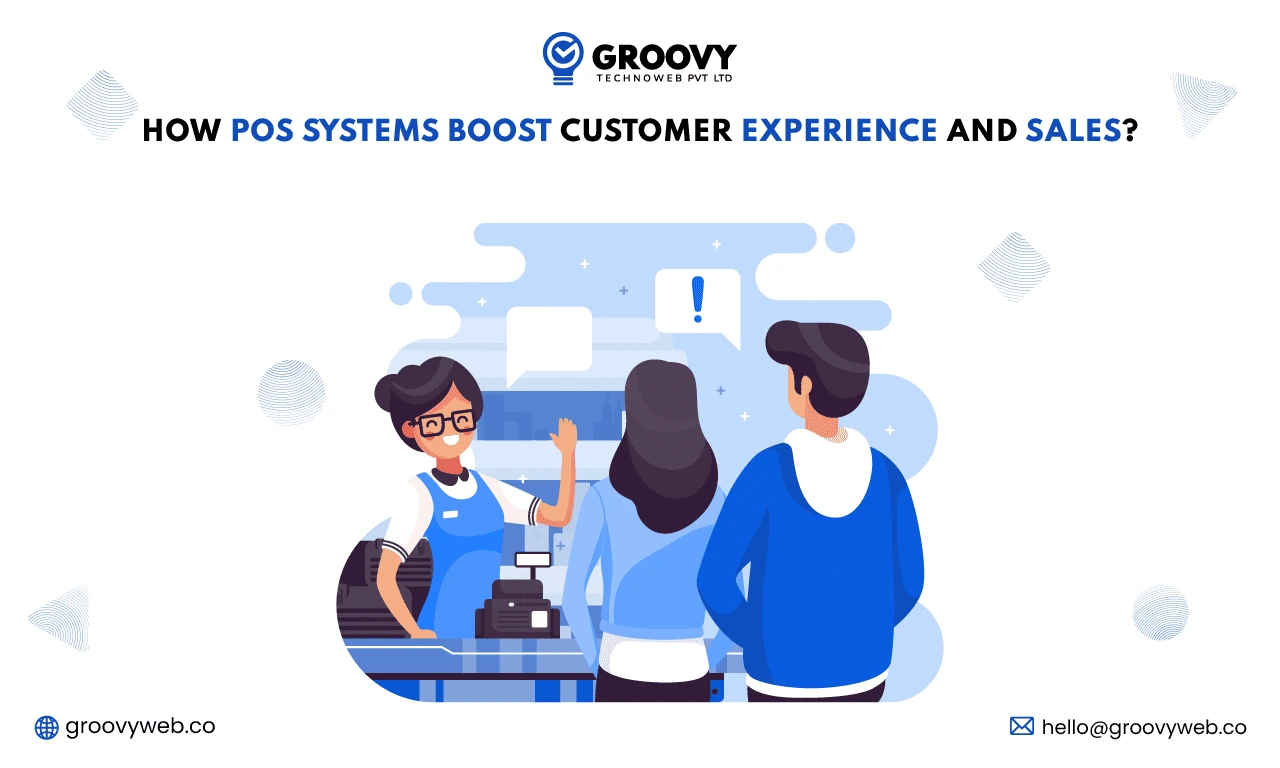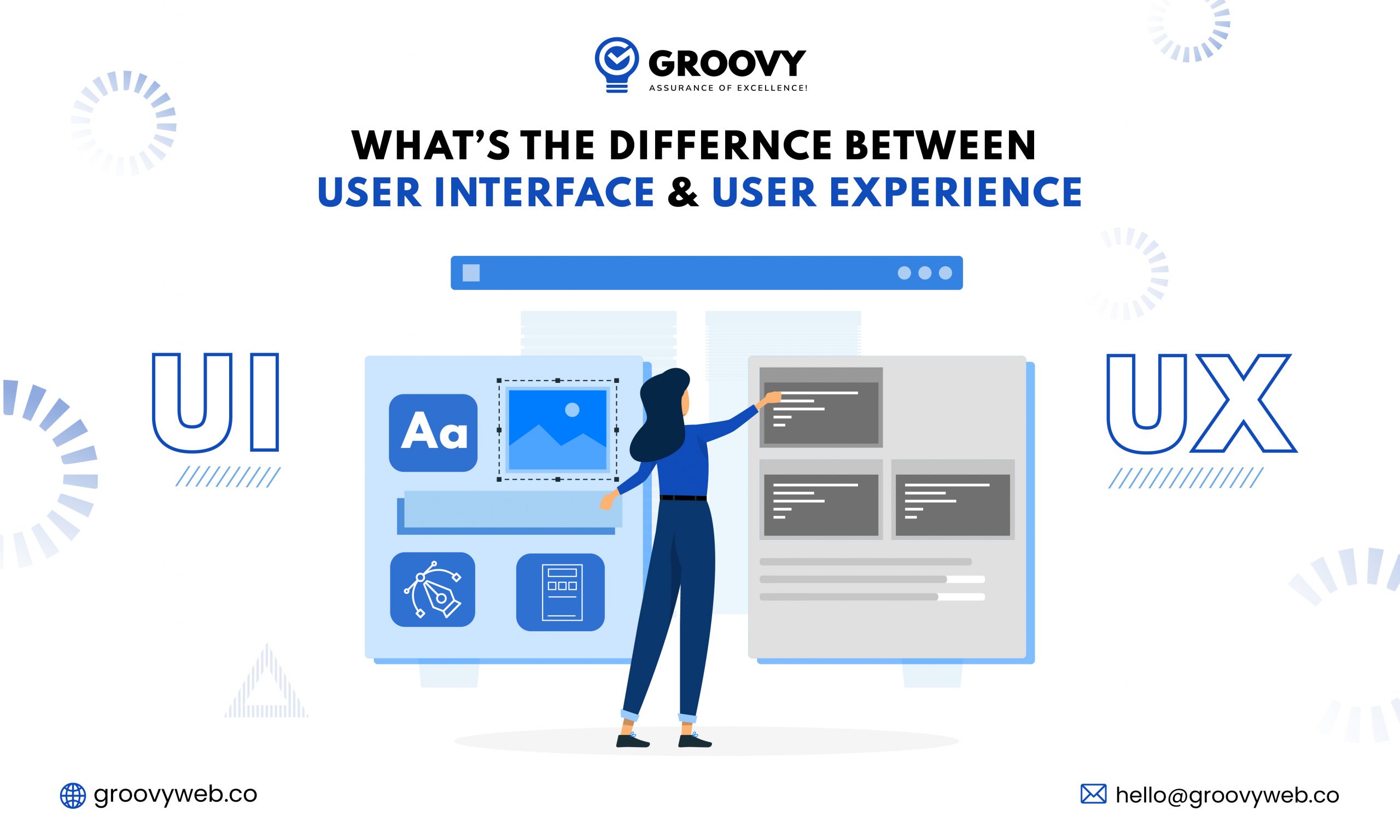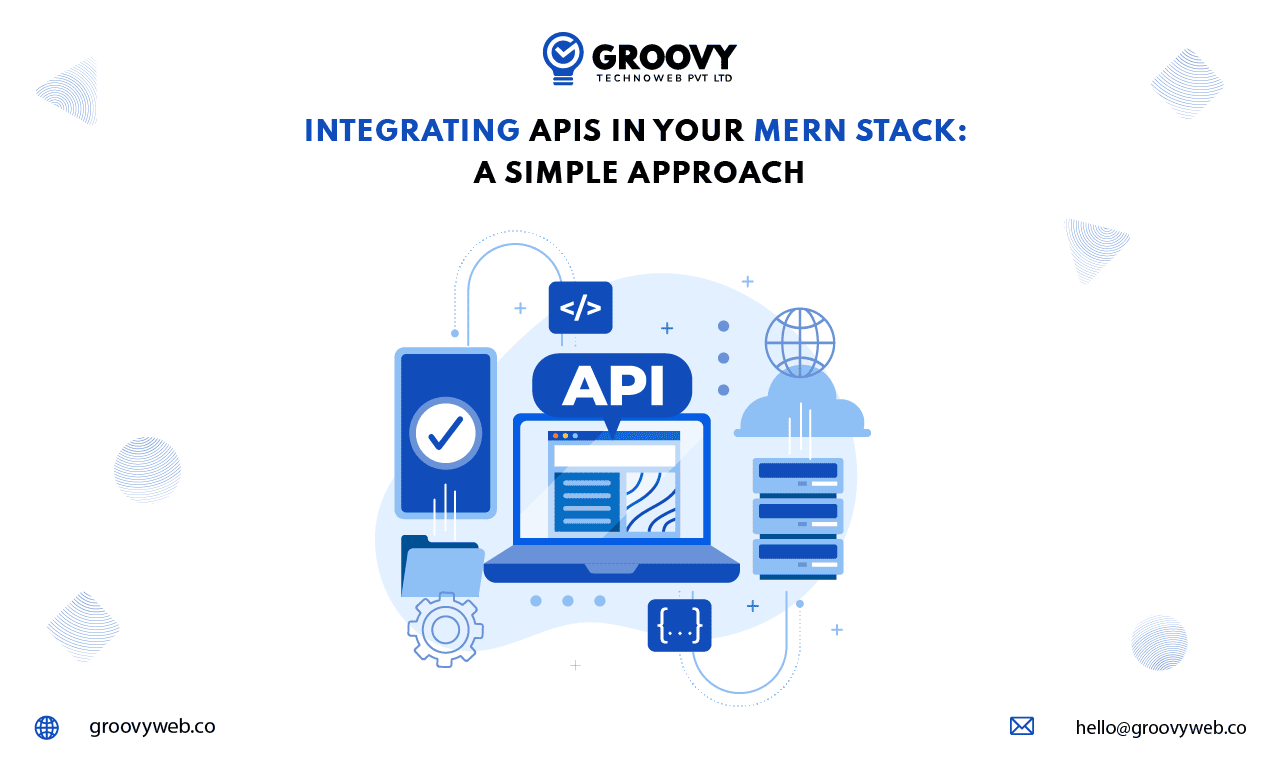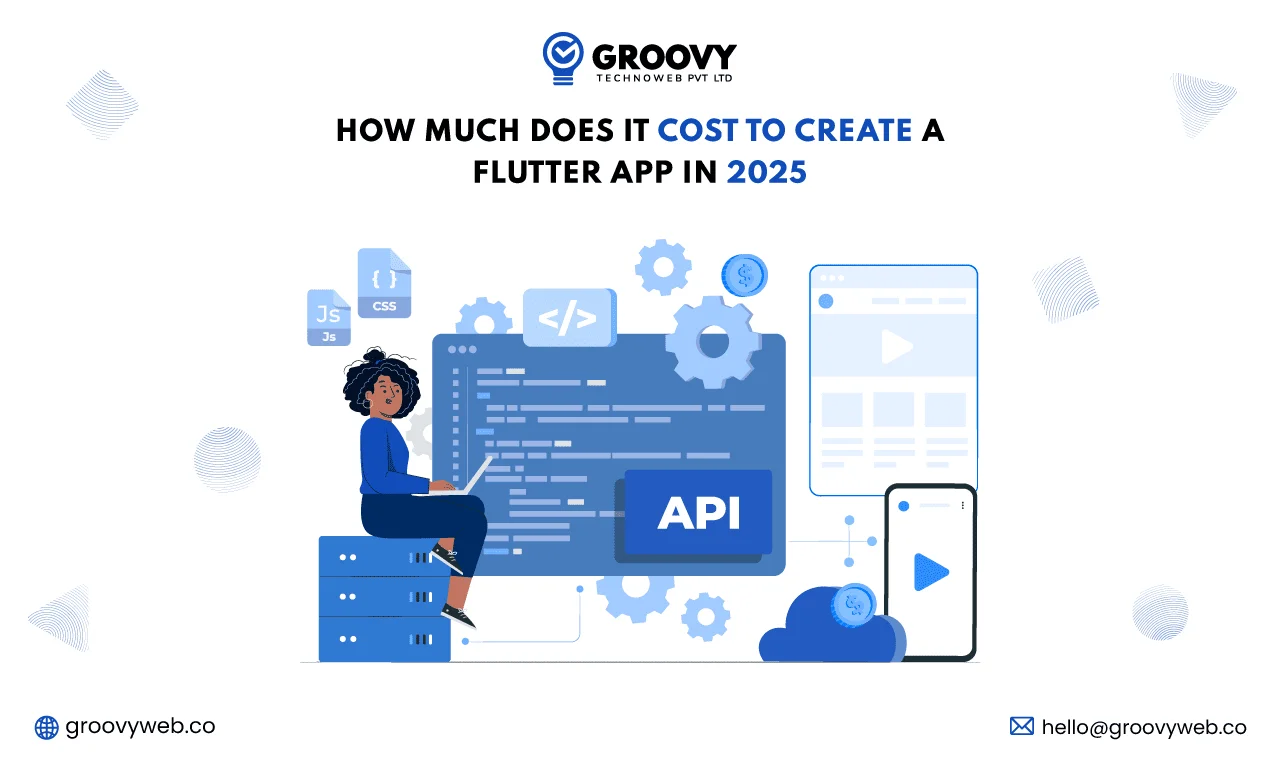How Pos Systems Boost Customer Experience and Sales?
Ashok Sachdev
December 17, 2024 185 Views
Quick Summary : This blog discusses how trends in POS systems better the customers' experience and increase sales by streamlining transactions, providing personalized service, and integrating tools like sales and operations planning software. It then proceeds to tell why custom software development is crucial for developing tailor-made POS systems to a business's exact needs, giving an idea of how the development cost can be estimated using an app development cost calculator. Long-term growth, customer satisfaction, and profitability are all benefits of the right kind of POS system.
In today’s fast-paced retail environment, the delivery of an excellent customer experience coupled with sales increases is considered a very successful business tool. The focal point of this process is a point of sale: it has evolved from merely being a payment processor to becoming an enabling central hub for transactions, managing inventory, and improving customer interactions in a modern POS system development company. In this blog, we are going to cover what is quite nice about using POS systems to enhance customer experience and grow sales. How does it integrate with sales and operation planning software to optimize overall business performance? We will also touch on the topic of custom software development that helps create customized POS solutions, as well as budgeting tools like an app development cost calculator that will ensure proper budgeting for such systems.
What is a POS System?
A point-of-sale system is a very vital tool for companies or businesses dealing with sales and conducting transactions with customers. Even at the very basic definition, a POS system would involve hardware, including registers, barcode scanners, and payment terminals, and software that gets used to process transactions, manage sales, and track inventory in real time. The point-of-sale systems, from being mere cash registers with time, have evolved into sophisticated digital solutions that allow for the payment aspect and other functionalities for various business operations.
These modern POS systems do not engage in any transaction but fully integrate all the other business tools, like sales and operations planning software and even customer relationship management (CRM) systems. Such integration helps businesses observe the trends of the behavior of customers, track their loyalty programs, provide them with their sales reports, and even assist them in forecasting demand in the future. Businesses can then make precise data-driven decisions that improve the experience of the customer and bring about better overall profitability.
Another major advantage that a POS system brings about is customization. Customized software development allows businesses to tailor the specific needs of the operation, making POS more useful and specific to their working needs. A retail shop will need stronger features for the management of its inventory, whereas a restaurant operation would require in-built features to manage tables and split bills. Most advanced POS systems offer cloud-based capabilities, meaning a business can log in and see what its sales have been and run the actual processes from a location far from the main site.
In the modern business scene, a working point-of-sale system is essential to be able to compete. It helps release valuable sales information for improving business performance and tailoring the approach toward optimizing sales strategies. With its ability to integrate with sales & operations planning software, a well-designed POS system will always ensure that your business is properly aligned with goals for demand, supply, and customer satisfaction.
How POS Systems Improve Customer Experience
- First and foremost, modern POS systems speed up transactions. Be it the card, cash, or mobile payment solutions used; a POS system will promptly process a transaction for any customer. This therefore leads to less waiting time and increased customer satisfaction as the customer leaves satisfied.
- Any POS system integrates seamlessly with sales and operations planning software, which gives instant updates on inventory levels. This means the items customers want will be in the stores and reduces the likelihood of a business going out of stock. This also leads to avoiding overstocking, the opposite problem, which would push prices lower or cut profits. Customers appreciate knowing that when they come to your store, they can be sure products are available.
- With personalized customer interactions and a modern POS system, businesses are better able to assemble such information as purchase history, customer preferences, and loyalty programs that relate to customers. Such compiled data is invaluable for providing unique service, whether by customized promotions, tailored discounts, or ideally personalized product recommendations. By integrating a modern POS system and leveraging the opportunity to develop a mobile app, businesses can further enhance shopping experiences, ensuring customers feel valued and cared for, thereby enhancing customer loyalty and repeat sales.
- Streamlined Returns and Exchanges A pleasant returns and exchange policy is one of the things that helps enhance the customer shopping experience. POS systems make this possible because they help ensure a comprehensive record of each transaction, keeping sales and return orders easy to track. This provides the customer with an easy hassle-free experience, and thus, customers are satisfied and keep coming to shop again and again.
- All over the globe, mobile payments are fast gradually being embraced. Having a POS that will enable acceptance of contactless payment options such as Apple Pay, Google Pay, or Samsung Pay is a major requirement nowadays. This not only expedites the speed of entry at checkout but is also convenient and secure for customers as contactless interaction becomes the preferred way in today’s era.
How POS Systems Boost Sales
- The systems generate voluminous sales reports that give information on sales, peaks, and customer buying patterns. Armed with these sales insights, the business can make great decisions on stocking its inventory, its promotions, and pricing strategies. Knowledge of customer preferences would enable the maximization of sale items by correcting their stock and pricing structures to suit the demands of the market.
- It integrates into the sales and operations planning software, so a business will be able to know how much demand there is and, in turn, manage its stock at a level that matches its sales goals. That means that a company will be adequately prepared for periods of high demand so that it will not experience stockouts and lost sales opportunities. A well-run business is one that makes as much revenue as possible when it has all of its inventory needs aligned with the sales goals.
- One can easily manage the management of real-time promotions and discounts through a POS system. Sudden seasonal sales or limited-time offers can be applied overnight; their implication on sales can be monitored, and adaptations shall be readied according to their efficiency in attracting more customers and getting them to purchase bigger deal items that increase average sale value.
- Connection with customer data enables the POS system to add related products at the time of sale. This presents excellent opportunities for upselling, which is the ability to offer a higher-end product, and cross-selling, which is the presentation of complementary products. A buyer of a smartphone may be offered an additional case or headphones as a supplementary offer. These minor recommendations can multiply the dollar amount of each transaction, pushing businesses to maximize their sales at large. Loyalty Programs and Customer Retention From loyalty programs comes the logic of repeat business.
- Most recent POS offers a feature for integrated management of loyalty programs and would thus let companies reward their customers for timely return purchases made. Therefore, by enticing clients to come back, more sales will be realized in the long run from these clients. Custom development can add a bit more functionality to the loyalty program, such as tiered rewards or personalized promotions based on specific business requirements.
Custom Software Development for POS Systems
Custom development for POS systems is incredibly flexible and efficient in today’s competitive business environment, allowing for the development of solutions that can cater to specific business operational requirements. Off-the-shelf solutions can be sufficient for general transactions but have limitations as far as customization, scalability, and integration with unique business processes are concerned. Custom POS software allows you to do much, much more than just the basics, creating a system that perfectly fits your workflow, industry requirements, and customer expectations.
Custom-designed features for business growth
One of the major advantages of custom POS software is that you get to build features into the software that directly address your business model. For instance, while a restaurant would need a point-of-sales system with functionalities like order tracking, kitchen display systems, and table management, a retail shop would be keen more on inventory management, barcode scanning, and customer loyalty programs. When you build a web app for your POS system, you can ensure that specialist software is created for specific business needs, incorporating the necessary functions without including unnecessary features that add clutter, thus making an interface cleaner and more streamlined.
A custom POS solution is also a scalable system that grows with your business. If you’re growing the number of locations, items, or services offered, your system can expand in the same manner. This may open the ability to incorporate those new locations, items, or services into your solution. Scalability also limits the likelihood of having an outdated system and costly overhauls.
Seamless integration with existing systems
Most businesses already are inextricably linked to other tools, such as selling and operation planning software, customer relationship management (CRM) systems, and accounting software, through the POS system. Custom POS development can be perfectly integrated with all those existing platforms, giving a uniform experience for all business functions. Manual entry into spreadsheets is not required, and sales, inventory, and customer data may smoothly flow between departments, making operational efficiency better and minimizing the chances of errors.
For instance, custom POS software can be integrated with inventory management systems so that the stock level automatically gets updated after each sale. With accounting software, you can streamline business invoicing and reporting.
Synchronizing your POS system with other tools will make real-time decision-making easier and improve productivity.
Advanced Security and Compliance
Security is paramount when working with transactions, customers, and financial information. Custom POS software allows business owners to integrate strong security into the system through encryption, multi-factor authentication, and secure payment gateways, ensuring that sensitive data remains safe from cyber threats and fraud. In addition, custom POS software can be designed to comply with PCI-DSS for real payment processing when it is the case of a certain number of transactions per week or in a company that is characterized by many transactions.
Easy Experience for Customers
Custom POS software is also developed to make the shopping experience better for customers. It may include loyalty programs, personalized offers, and analytics of customer data so that the company adjusts its services to the needs and preferences of its clients. That can help increase customer satisfaction, repeat business, and, consequently, sales. Custom POS software can also make checkouts faster, allow for mobile payments, and improve general interactions with customers, making it easier and more pleasant for the customers to shop.
Cost Efficiency and Planning
As much as a custom POS system costs a very expensive investment upfront, it usually pays off in the long run for that investment. You avoid the inefficiencies and hidden costs of manual processes, and frequent workarounds, all of which are common with off-the-shelf systems. Custom POS solutions give you better ROI because they grow and adapt along with your business.
For example, to estimate what a company may pay to develop a customized POS solution, an app development cost calculator is going to be simply super helpful. Those calculators take into account factors like the complexity of features, the number of users, the number of integrations with third-party systems, and ongoing maintenance needs. This allows businesses to budget and give enough overview of what it will cost to develop before getting into the project.
The Role of Sales & Operations Planning Software in POS Systems
Sales and operations planning software fundamentally helps optimize POS systems. From integrating sales forecasting, inventory management, and supply chain optimization to ensuring that a business is always prepared to meet demand from the customer, such software ensures maximum success in operations. Data gained from the POS system can assist the sales and operations planning software in assisting a business in deciding when to reorder stock, what marketing strategies to implement, and how resources are to be allocated.
For example, while following the promotion plan, sales will increase immediately and consequently, inventory replenishment will be recorded simultaneously, and thus stock levels are kept at the optimum level without the interference of mankind. Due to this smooth integration between POS systems and planning software, sales are boosted along with the improvement of customer satisfaction of customers since popular products are available at all times.
Conclusion
The current POS system is more of a multi-dimensional solution platform than just a device for payment processing. It uses extensive customer experience enhancement, sales promotions, and facilitation of business activities. Providing speedy transactions, and valuable services, and combining them with tools like sales and operations planning software, POS systems are extremely important for optimizing revenues and business growth. This, therefore, calls for the use of custom software development as a way through which businesses can develop their POS systems according to their unique operational needs to guarantee scalable and profitable long-term success. One way in which businesses can prepare their budgets for these types of custom solutions is by utilizing an app development cost calculator.
Groovy Web specializes in developing tailored point-of-sale systems. Groovy Web provides best-in-class point-of-sale system development, helping you experience maximum customer interaction, operational efficiencies, and integration with existing systems. You will be given expertise through the design of a POS system that will ensure your current needs are catered for but will scale up to support long-term growth for you, your customers, and profitability. Let Groovy Web help you take your business to the next level with a POS system built for success.
Written by: Ashok Sachdev
Ashok Sachdev is the Project Manager at Groovy Web who began his professional career as a programmer at the young age of 17. Ever since then he is actively growing, learning new things, and adapting to new roles and responsibilities at every step. Aside from being an app developer, he is highly admired for his project management skills by his clients.
Frequently Asked Questions
We hope these clear your doubts, but if you still have any questions, then feel free to write us on hello@groovyweb.coHow can a POS system improve customer experience?
A POS system is a seamless way to make the customer experience faster, with personal service and much more tie-up with loyalty programs. It also offers mobile payments and effortless returns, thus facilitating shopping experiences.
What is the role of custom software development in POS systems?
With custom software development, businesses can tailor the POS systems to the specific requirements of a business. This would include adding industry-specific features, integrating it with existing software, perhaps sales and operations planning software, and ensuring that the system would be scalable as the business grows.
How do POS systems help boost sales?
POS systems provide real-time sales insights, enable faster checkout, and support promotions and discounts. They also offer upselling and cross-selling features, helping businesses maximize their sales potential and improve customer retention through loyalty programs.
What is an app development cost calculator, and how can it help?
An app development cost calculator helps businesses come up with an estimate of how much it would take to develop proprietary POS software. Simply put, all those factors of feature complexity, number of users, and need for integration come into play to help companies better plan their budgets for developing the software.
How does Groovy Web help with custom POS software development?
Groovy Web would specifically design the POS system tailored to a specific business need. To elaborate, Groovy Web develops features that improve the customer experience and integrate with existing software systems to ensure the POS solution drives business growth and efficiency.
Related Blog

Krunal Panchal
UI vs UX - Difference Between User Interface vs User Experience
UI/UX Design 20 Dec 2024 8 min read
Nauman Pathan
Integrating APIs in Your MERN Stack: A Simple Approach
Web App Development 11 Feb 2025 12 min read
Rahul Motwani
How Much Does It Cost to Create a Flutter App in 2025?
Mobile App Development 04 Feb 2025 12 min readSign up for the free Newsletter
For exclusive strategies not found on the blog